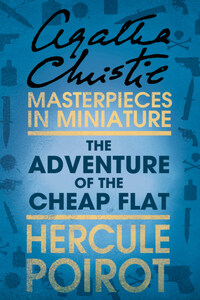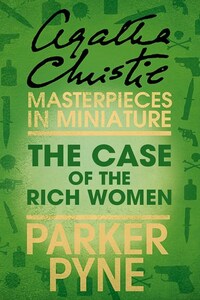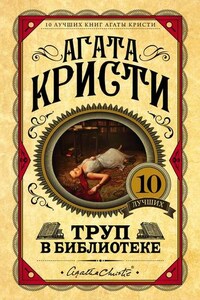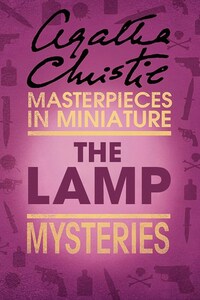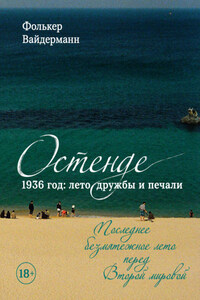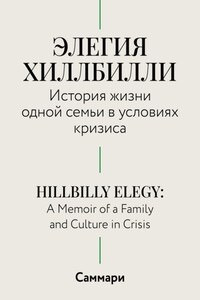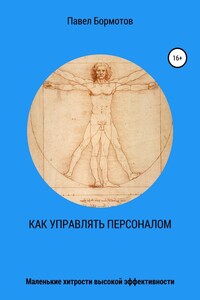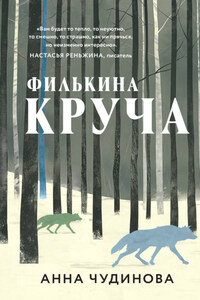Published by HarperCollinsPublishers Ltd
1 London Bridge Street
London SE1 9GF
www.harpercollins.co.uk
First published in Great Britain by Collins, The Crime Club 1924
The Man in the Brown Suit>™ is a trade mark of Agatha Christie Limited and Agatha Christie>® and the Agatha Christie Signature are registered trade marks of Agatha Christie Limited in the UK and elsewhere.
Copyright © 1924 Agatha Christie Limited. All rights reserved.
www.agathachristie.com
Cover by www.juliejenkinsdesign.com © HarperCollins/Agatha Christie Ltd 2017
Agatha Christie asserts the moral right to be identified as the author of this work.
A catalogue copy of this book is available from the British Library.
This novel is entirely a work of fiction. The names, characters and incidents portrayed in it are the work of the author’s imagination. Any resemblance to actual persons, living or dead, events or localities is entirely coincidental.
All rights reserved under International and Pan-American Copyright Conventions. By payment of the required fees, you have been granted the non-exclusive, non-transferable right to access and read the text of this e-book on screen. No part of this text may be reproduced, transmitted, down-loaded, decompiled, reverse engineered, or stored in or introduced into any information storage and retrieval system, in any form or by any means, whether electronic or mechanical, now known or hereinafter invented, without the express written permission of HarperCollins.
Source ISBN: 9780008196202
Ebook Edition © March 2017 ISBN: 9780007422449
Version: 2017-04-17
Nadina, the Russian dancer who had taken Paris by storm, swayed to the sound of the applause, bowed and bowed again. Her narrow black eyes narrowed themselves still more, the long line of her scarlet mouth curved faintly upwards. Enthusiastic Frenchmen continued to beat the ground appreciatively as the curtain fell with a swish, hiding the reds and blues and magentas of the bizarre décor. In a swirl of blue and orange draperies the dancer left the stage. A bearded gentleman received her enthusiastically in his arms. It was the Manager.
‘Magnificent, petite, magnificent,’ he cried. ‘Tonight you have surpassed yourself.’ He kissed her gallantly on both cheeks in a somewhat matter-of-fact manner.
Madame Nadina accepted the tribute with the ease of long habit and passed on to her dressing-room, where bouquets were heaped carelessly everywhere, marvellous garments of futuristic design hung on pegs, and the air was hot and sweet with the scent of the massed blossoms and with the more sophisticated perfumes and essences. Jeanne, the dresser, ministered to her mistress, talking incessantly and pouring out a stream of fulsome compliments.
A knock at the door interrupted the flow. Jeanne went to answer it, and returned with a card in her hand.
‘Madame will receive?’
‘Let me see.’
The dancer stretched out a languid hand, but at the sight of the name on the card, ‘Count Sergius Paulovitch’, a sudden flicker of interest came into her eyes.
‘I will see him. The maize peignoir, Jeanne, and quickly. And when the Count comes you may go.’
‘Bien, Madame.’
Jeanne brought the peignoir, an exquisite wisp of corn-coloured chiffon and ermine. Nadina slipped into it, and sat smiling to herself, whilst one long white hand beat a slow tattoo on the glass of the dressing-table.
The Count was prompt to avail himself of the privilege accorded to him—a man of medium height, very slim, very elegant, very pale, extraordinarily weary. In feature, little to take hold of, a man difficult to recognize again if one left his mannerisms out of account. He bowed over the dancer’s hand with exaggerated courtliness.
‘Madame, this is a pleasure indeed.’
So much Jeanne heard before she went out, closing the door behind her. Alone with her visitor, a subtle change came over Nadina’s smile.
‘Compatriots though we are, we will not speak Russian, I think,’ she observed.
‘Since we neither of us know a word of the language, it might be as well,’ agreed her guest.
By common consent, they dropped into English, and nobody, now that the Count’s mannerisms had dropped from him, could doubt that it was his native language. He had, indeed, started life as a quick-change music-hall artiste in London.
‘You had a great success tonight,’ he remarked. ‘I congratulate you.’
‘All the same,’ said the woman, ‘I am disturbed. My position is not what it was. The suspicions aroused during the War have never died down. I am continually watched and spied upon.’


